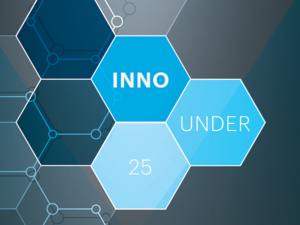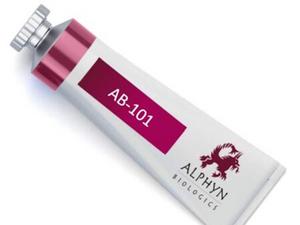
A Baltimore medical device firm that aims to improve the treatment of brain diseases has raised $19.4 million, one of the larger funding rounds in the region so far this year.
Hampden-based CraniUS’ series A funding round was led entirely by private investors, such as family offices, with no participation from venture capital firms.
The $19.4 million will give the 17-person team the funds necessary to workshop and develop prototypes, as the company hopes to start in-person trials in 2024.
The round had 21 investors, U.S. Securities and Exchange Commission filings show. CEO Michael Maglin said the company did not pursue venture capital because it already had several board members in mind for the company and did not want to give up a large amount of equity in its first capital raise. The round closed at the end of April and began in Sept. 2021.
CraniUS is developing an implantable device that delivers medicine straight into the brain, bypassing the blood-brain barrier. The blood-brain barrier is a mechanism that prevents toxins, as well as medications, from impacting the brain.
"When you think about drugs that are taken orally or through injection to the vein, you know, less than 1% of that medication is getting to the actual area that it needs to treat," Maglin said.
The company uses convection-enhanced delivery (CED), a technique that directly injects medication into the brain. The technique is often used to treat brain tumors, by injecting medication directly into the growth.
Current CED methods are not contained entirely within a person's body and require a patient to go to a doctor's office whenever they need medication. The approach uses an external port on a patient's head to attach a tube to the brain that goes into the hospital room where a doctor can inject medicine into the patient. The CraniUS device takes everything a doctor would use in that process — from a pump to ensure proper dosing to the medicine itself, and a power supply — and places it into a device inside the skull. Since everything a patient needs for medication is inside the skull, the patient no longer needs to go to the hospital whenever they need to get more medication since the pump can distribute medication to the skull on a regular basis.
The pump will be refilled through an injection and have a wireless charging system to further minimize the amount of surgery required for a patient. Although the CraniUS device will likely first be used to treat brain tumors such as glioblastoma, because it is simply a delivery system for medicine, it can be applied to any brain medication.
"Because the current system is external, that really limits the long-term use, since the patient can't exist in their everyday life," said Deborah Weidman, who co-founded the company. "And that's really what we're looking to change."
Weidman, a 2021 Johns Hopkins University graduate who co-founded CraniUS with Hopkins professor Chad Gordon, said the company's work to solve the blood-brain barrier problem is what motivated her to go into biomedical engineering in the first place. The frustration of seeing that there are drugs that could be life-changing for patients but lacked a strong delivery system that could make them viable proved to be a key motivator for the creation of CraniUS.
“The challenge is that there are these very promising drugs that would be able to effectively treat patients with chronic brain diseases if they could actually get to those areas in the brain,” Weidman said.
Like Weidman, Maglin was drawn to CraniUS' technology because of the impact it could have on patients. Maglin previously worked at Under Armour Inc. as a vice president of e-commerce before becoming CEO of CraniUS. Maglin hopes to transform CraniUS into a research and development shop for scientists to commercialize other products.
"There's a lot of great surgeons and physicians who have incredible ideas, but don't necessarily have the wherewithal to build a team, scale an organization and get this type of product commercialized and out into the marketplace," Maglin said.
CraniUS's funding round comes as Baltimore is increasingly becoming a hub for neurotech research. Johns Hopkins University, Howard University and the National Institutes of Health partnered on an accelerator that could spur tens of millions of dollars of investment into the sector.










